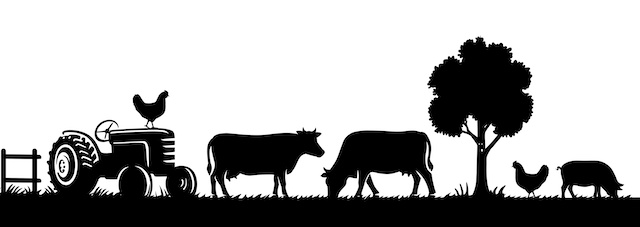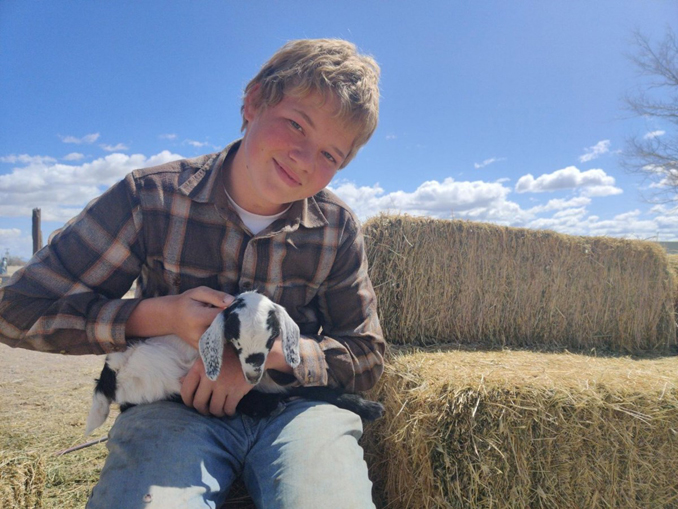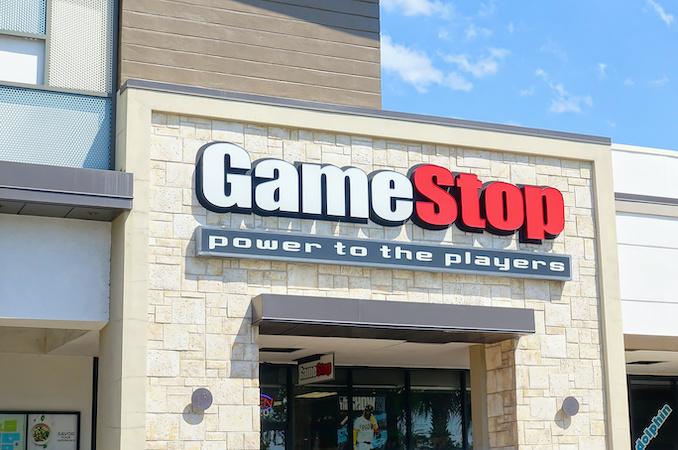
Support Local Meat Processing
Tell Your Representative and Senators to Cosponsor the PRIME Act
The PRIME Act [House Resolution 2814 (H.R. 2814) and Senate Bill 907 (S.907)], badly needed legislation that would allow states to pass laws legalizing the sale of custom slaughtered and processed meat in intrastate commerce, has been before Congress the past eight years; there has never been a better chance to pass this bill than now.
Congress is currently in the process of writing up the 2023 Farm Bill; the PRIME Act has a better chance of passing into law as part of the Farm Bill rather than as stand-alone legislation. Giving the bill momentum was a congressional hearing last month that the House Judiciary Subcommittee on the Administrative State, Regulatory Reform, and Antitrust held titled “Where Is the Beef? Regulatory Barriers to Entry and Competition in Meat Processing”; a focus was on the PRIME Act as a solution to the difficulties small farmers and ranchers have in meeting demand for local meat with the current laws in place that favor the big meatpackers. There had never been a congressional hearing on the PRIME Act since Rep. Thomas Massie first introduced the measure in 2015.
The more cosponsors HR 2814/S907 can get, the greater the chance of passing as part of the Farm Bill. Your participation and help can make that happen.
ACTION TO TAKE
1. Call your U.S. Representative and both your U.S. Senators and ask them to sign onto HR 2814 / S907.
You can look up who represents you at https://www.congress.gov or call the Capitol switchboard at 202-224-3121.
2. Meet your congressmen or a staffer for the congressmen. Tap the links below to see who has cosponsored the bills:
HR2418 – https://www.congress.gov/bill/118th-congress/house-bill/2814/cosponsors
S.907 – https://www.congress.gov/bill/118th-congress/senate-bill/907/cosponsors
SOME TIPS:
1. Be friendly, polite, and positive. If they respond in a way that you don’t like (such as saying they’re opposed because of food safety, or talking about how the big industry players “feed the world”), don’t get hostile or angry — use it as an opening to educate them.
2. Getting contact information for a staffer, and giving them your contact information, helps the education process. Bring business cards, a farm flyer, or some other piece you can leave with the staff so they can reach you later – and ask for their business card.
3. Think about what matters to the elected official. Are they talking about supporting small businesses? National security? Environmental concerns? Health? Helping small farmers have local, scale-appropriate options for processing their animals and selling meat to their local community helps ALL of these. Explain to them why the PRIME Act is right up their alley.
4. Bring friends. Having 2 or 3 people reinforcing the importance of this issue is great.
TALKING POINTS:
1. Passage of the PRIME Act would better enable farmers to meet booming demand for locally produced meat. Right now in parts of the country, farmers have to book a slaughterhouse slot as much as 1-1/2 to 2 years out. Moreover, farmers often have to transport their animals several hours to a slaughterhouse, increasing their expenses and stressing out the animals which could affect the quality of the meat. Passage of the PRIME Act would significantly increase access to local slaughterhouses.
2. Passage of the PRIME Act would improve food safety. Anywhere from 95% to 99% of the meat produced in the U.S. is slaughtered in huge facilities that process 300–400 cattle an hour. It is difficult to have quality control in the plant under those conditions no matter how many inspectors are present. The records bear this out. According to CDC statistics from 2005–2020, there were thousands of foodborne illness from the consumption of beef and pork. The big plants process more animals in a day than a custom house would in a year. There is better quality control in a custom slaughterhouse, inspector or no inspector. A 2020 FOIA request to USDA, seeking the number of foodborne illnesses from 2012 to 2020 attributed to the consumption of meat slaughtered and processed at a custom facility received a response from USDA that it had no record of any such illnesses. Custom operators have every incentive to process clean meat. Where a lawsuit against a big plant is just a cost of doing business, one lawsuit can easily shut down a custom house.
3. Passage of the PRIME Act would improve food security. Supply chain breakdowns and labor shortages have made the food supply more vulnerable. Passage of the PRIME Act would improve food security by increasing the local supply of quality meat, food that for most of us is critical for a healthy diet.
4. Passage of the PRIME Act would not be competition to the conventional meat industry; the meatpacker and small farms have mostly different markets. One sells mainly into the export market and big supermarket chains; the other sells into local communities direct to consumers and small mom-and-pop stores.
5. Passage of the PRIME Act would keep more of the food dollar in the state and community. The big food corporations send much of the money they earn out of the state; more of the money that local farmers, ranchers and custom house operators earn would circulate within the state and community, strengthening the local economy.
BACKGROUND:
Current law provides that the sale of meat is legal only if the animal is slaughtered and processed at a facility under state or federal inspection; “inspection” in this context means that an inspector is present when slaughtering or processing take place. This requirement went into effect due to Congress passing the Wholesome Meat Act of 1967, disastrous legislation that has been largely responsible for the formation of oligopolies in the beef and pork industries. Custom slaughter and processing facilities do not require that an inspector be present, but only the owners of the animals are allowed to receive the meat slaughtered and processed at custom houses. The sale of custom meat is illegal. The PRIME Act would lift the federal ban on the sale of custom meat. Custom facilities would still be subject to federal and state regulations, including inspection; however, inspectors would no longer have to be on site at custom facilities during slaughtering and processing of animals for meat sales to be legal in intrastate commerce.
More information can be found HERE









I contacted my congressman and spoke with his staff. They said that Congressman Panetta of CA (central coast) had spoken with local ranchers about this and they (ranchers) were concerned that their ability to ship their products overseas was an issue due to a non-USDA inspection at a slaughterhouse…I said that I believe this bill was about domestic and inter-state transactions…? Did I miss something?
I’m only relating my experience in hopes it encourages to action anyone like me who enjoys the research, but becomes hesitant or anxious when it comes time to do something with that information.
First: Don’t presume your congressman has actually signed to co-sponsor, even if you know he/she would support it. Their lives are incredibly busy, with lots of delegation, and if a team member drops a stitch, it could go unnoticed for a long time.
I put my request into a letter to make sure I had all the information correct from what Solari’s folks provided on this webpage. (What verbal skills I have are mostly reactive, not proactive, so I feel more confident writing. You too?)
Taking my cue from the tips offered above, I determined to hand-deliver it (folded, but no envelope) to Rep. Andy Ogles’ local office to maximize the effort.
His District Director was at the front desk so I handed it to him, explaining why it was in writing and that I wanted Andy to co-sponsor the resolution and get it into the Farm Bill (my representative’s particular committee assignments do not include agriculture or commerce).
Suddenly, Andy sticks his head around the corner, having recognized my voice. Over that whole week he was only in his local office for a few hours, and he was just completing a TV interview, so my timing was fortuitous!
A long conversation ensued, wherein I learned that he and Massey had talked about this only a few days earlier. Andy thought he had already signed on to co-sponsor, so he asked his people to follow up on that. (The congress.gov webpages aren’t always up-to-date, especially over weekends.)
We also got to talk about CBDCs, which do fall within his committee assignments. And though he wasn’t familiar with Catherine Austin Fitts or Solari Reports, his District Director piped in that he does follow Catherine’s podcasts whenever possible.
So now I have his contact information, and can help make sure the voices and research we access here get echoed within my representative’s inner circle.
Not a bad afternoon’s work for a hesitant introvert! And now, of course, communicating will be much easier in the future.
So take courage if taking action feels waaay outside your comfort zone! It’s worth the inner battle to find a way to communicate that’s effective but within your personality. As Jordan Peterson advises his phobia patients: we don’t lower our fears—we discover that we can be braver than we imagined.
Wonderful! I have found our representatives and their staffs to be easy people to talk to. Most appreciate when we care.
We’re farmers and raise beef and chicken. This would help us feed our local customers if we could process on the farm.